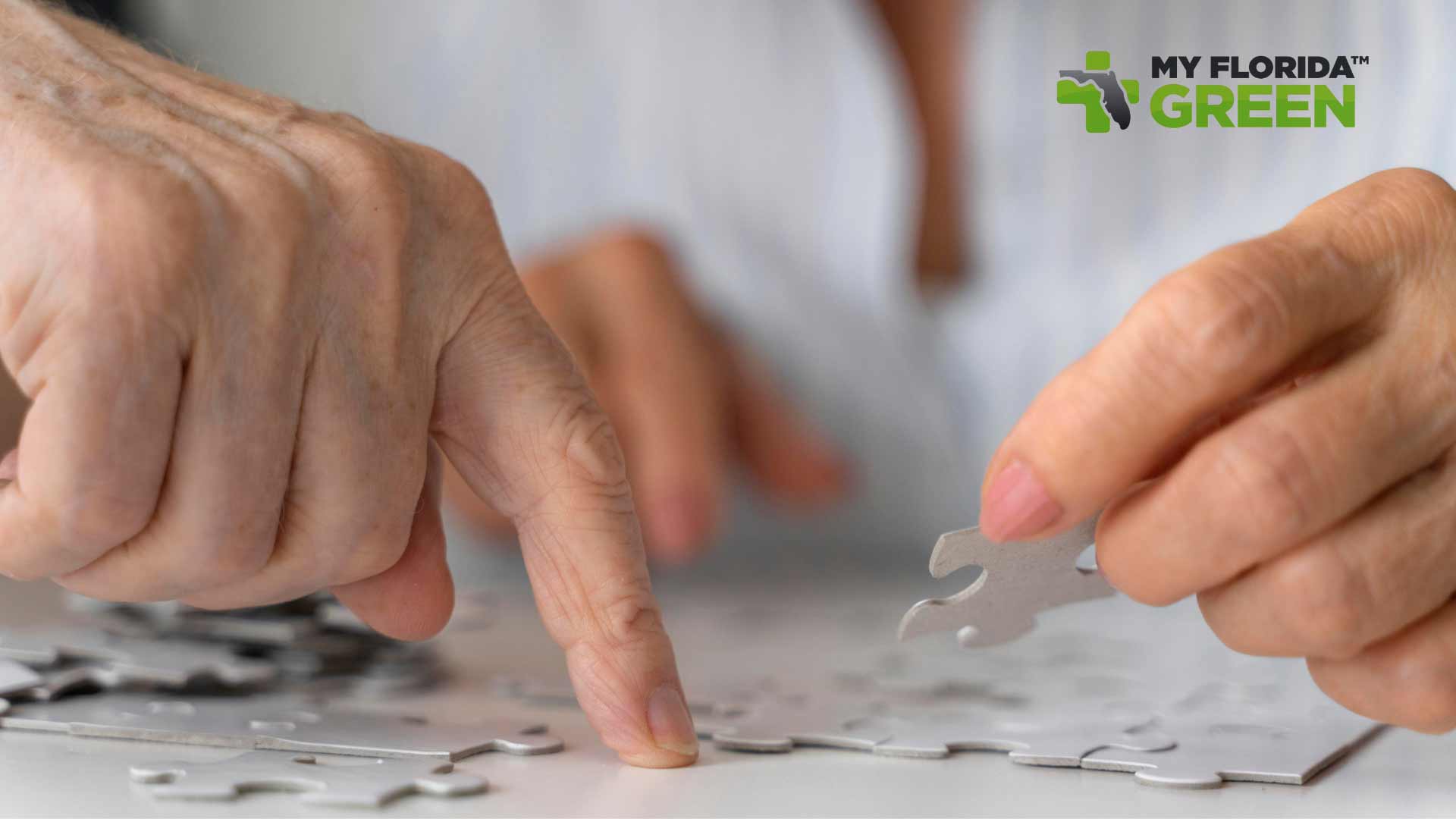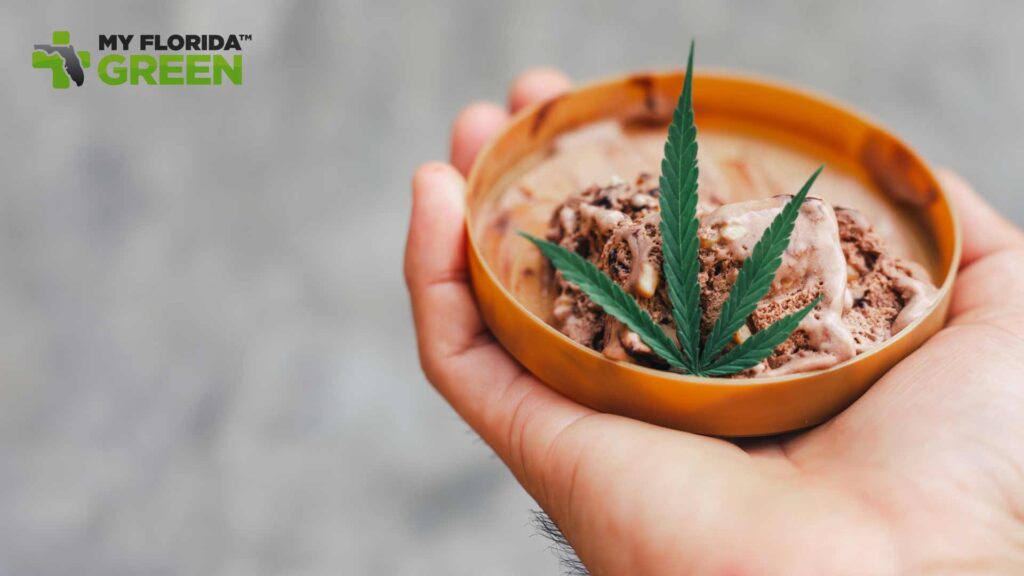Parkinson’s disease is a progressive neurological disorder that affects the part of the brain responsible for controlling movement. Studies indicate that medical marijuana can help ease the symptoms of Parkinson’s disease owing to its numerous healing compounds. THC in marijuana has been shown to reduce tremors and improve motor function, which can lead to an overall improvement in quality of life for patients with Parkinson’s disease. Additionally, marijuana may improve sleep and mood in Parkinson’s patients. However, medical marijuana’s legal status is a topic of concern, and not all individuals can use it for their unique health issues.
In this article, we will explain whether you can use medical marijuana to cope with Parkinson’s and its co-occurring signs.
Use of Medical Marijuana
Historical records indicate the use of Cannabis sativa, the plant from which marijuana is derived, for medicinal purposes for thousands of years. The plant has medicinal characteristics due to the presence of over 100 compounds called cannabinoids.
THC (tetrahydrocannabinol) and CBD (cannabidiol), each with unique medicinal traits, are the most promising components of this wonder plant that make cannabis suitable for medicinal purposes along with other traditional medications.
Medical marijuana has been explored for its potential to manage chronic pain conditions like arthritis and multiple sclerosis, as well as for reducing nausea caused by chemotherapy. It can also help to induce hunger in patients with eating disorders. Additionally, marijuana has neuroprotective properties that can help patients with conditions such as Alzheimer’s or Parkinson’s disease.
Parkinson’s disease 101
Parkinson’s disease is a type of neurological condition that impacts a person’s mobility. It results from the gradual loss of nerve cells in the substantia nigra, a part of the brain responsible for producing dopamine, which plays a crucial role in controlling the movement of different body parts. As a result, individuals with Parkinson’s disease may experience a range of symptoms, which can impact their ability to perform daily activities.
Losing dopamine-producing cells disrupts brain function, causing tremors, stiffness, slow movements, and balance problems. Parkinson’s disease typically manifests in people above sixty years, although it can occur earlier. It is more common in men than women, and its cause is unclear, although genetics, environmental factors, and aging may all play a role.
As of now, there is no remedy or treatment for Parkinson’s disease. However, certain medicines can help slow down the onset of its symptoms. The traditional approaches to treatment involve dopamine replacement therapy, occupational therapy, and drug alternatives such as medical marijuana.
Symptoms of Parkinson’s
The symptoms of this disease vary among individuals and develop over time. The most common symptoms are:
- Tremors
- Shaking in hands, arms, legs, and face, especially at rest or during a stressful situation.
- Inflexibility of the neck or limbs
- Issues with balance and coordination
- Speech may become softer or slurred, and facial expressions may be lost.
Other symptoms may include:
- Micrographia (small handwriting)
- Reduced sense of smell
- Sleep irregularities
- Depression or anxiety
- memory loss
It is important to note that not all individuals with Parkinson’s disease experience all these symptoms. Also, the symptoms may vary in severity over time. If you or a loved one are experiencing these symptoms, you should consult a healthcare professional for proper evaluation and treatment.
Moreover, due to the robust research and exploration of medicinal drug alternatives like marijuana, patients can turn to marijuana specialists to learn more about the effects of marijuana on Parkinson’s disease.
Want to learn more? Read further to explore the role of marijuana as a potential relief option for Parkinson’s.
Medical Marijuana as a Potential Drug-alternative for Parkinson’s
Parkinson’s disease can manifest with both motor and non-motor symptoms. Research suggests that medical marijuana may help with reducing tremors, improving sleep quality, easing pain, managing non-motor symptoms, and minimizing medication side effects.
Moreover, medical marijuana may help reduce tremors in patients with Parkinson’s disease by modulating dopamine levels in the brain. It may also aid sleep quality and ease discomfort associated with the progression of the disease.
Interestingly, medical marijuana possesses anti-anxiety effects and can effectively help to manage anxiety disorders and depression. Furthermore, medical marijuana’s antiemetic effects may ease nausea, vomiting, and hallucinations, improving tolerability.
However, it is essential to note that medical marijuana is not a cure for Parkinson’s disease and should not be used as a replacement for other treatments prescribed by a healthcare professional. Additionally, medical marijuana should only be used under the supervision of a healthcare professional and in compliance with local laws and regulations.
Getting a Medical Marijuana Card
In Florida, having a medical marijuana card is a pre-requirement for cannabis use. As a result, you must speak with a healthcare expert who can guide you about obtaining an MMJ card.
A medical marijuana card allows you to access medical cannabis in the Sunshine State lawfully. Moreover, the Florida Department of Health oversees and regulates the use of marijuana in the State. Thus, there are specific laws surrounding cannabis use, including a list of qualifying medical conditions that can be managed using medical marijuana. You can get your MMJ card by following these steps:
- Check your eligibility
- Speak with an MMJ doctor
- Health examination for one of the qualifying conditions
- Get a doctor’s recommendation
- Apply for an MMJ card via the Office of Medical Marijuana Use
- Receive your card
After you get an MMJ card, you can visit any of the state-regulated medical marijuana stores to buy your desired cannabis product.
Conclusion
Parkinson’s disease is a challenging condition, and managing it can involve a variety of approaches. Research suggests that MMJ may offer some benefits for PD. However, more investigation is required in this area. If you are interested in medical marijuana, the healthcare experts at My Florida Green can offer personalized guidance to ease your cannabis journey.














